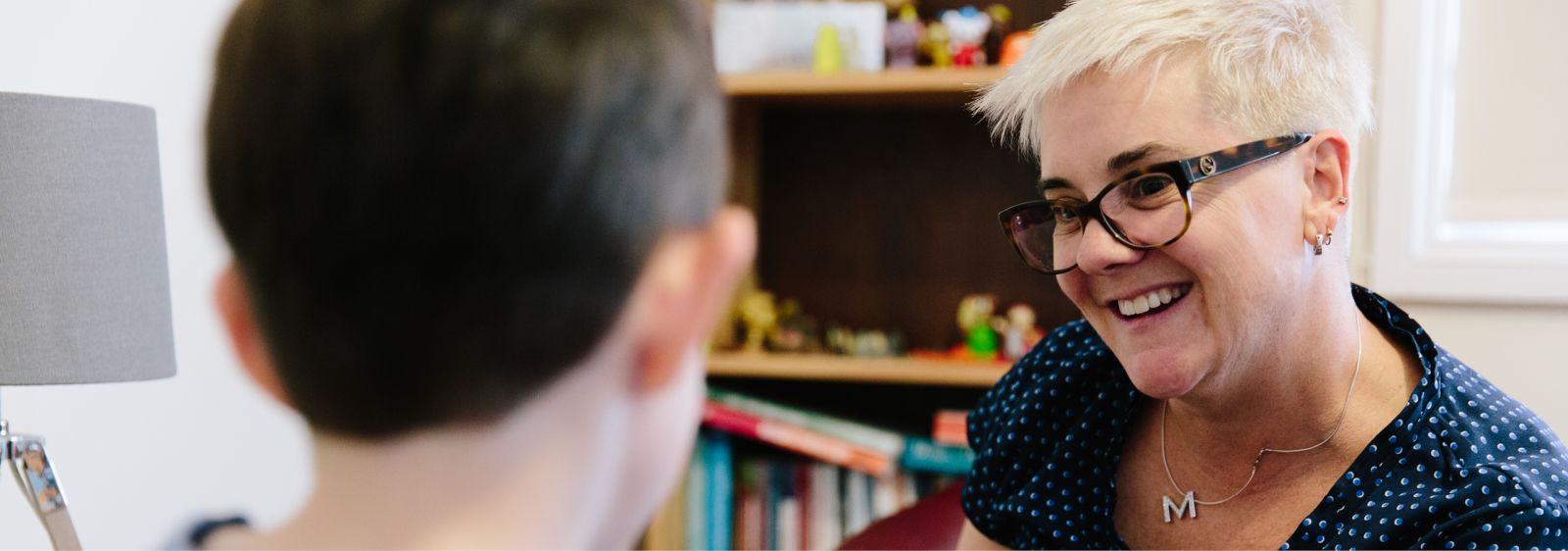-
-
- All Bible, Ministry & Theology Courses
- 2024 Units Available & Timetable
- Flexible Study & Delivery Options
- Summer School Online & Summer Blended Intensives
- Winter Intensives
- Morling To Go - Free Short Courses
- Monday Night Live
- Evening Classes
- Professional Development - Stay Charged
- Study Tours
- Baptist Accreditation & Pastoral Training
-

